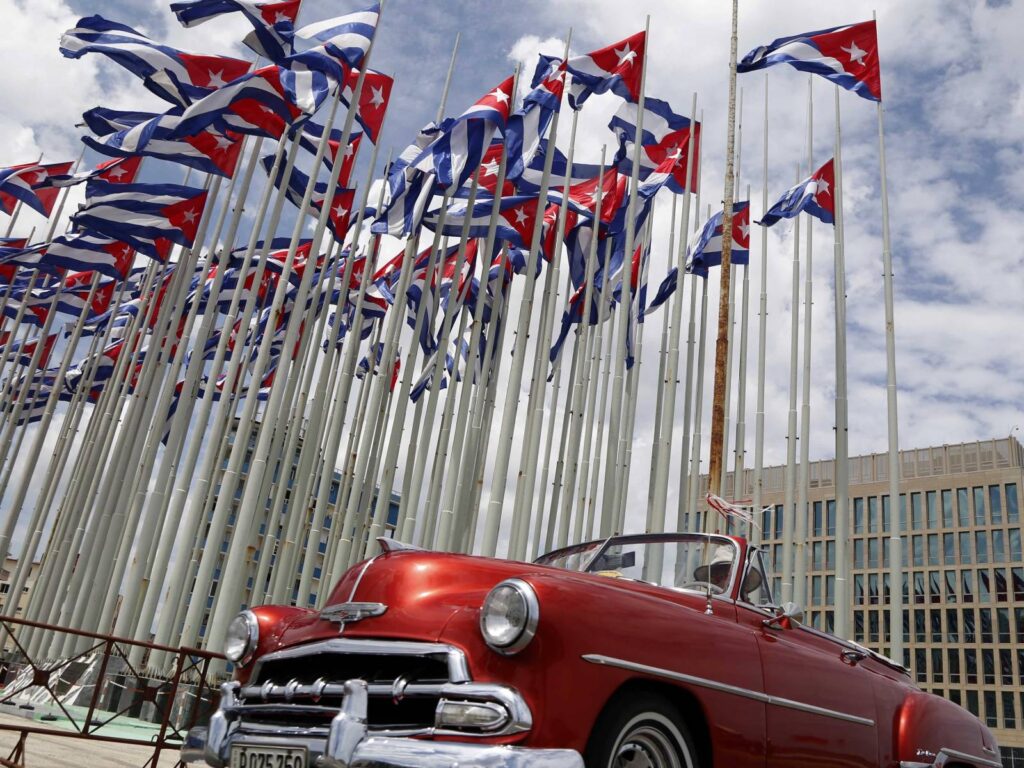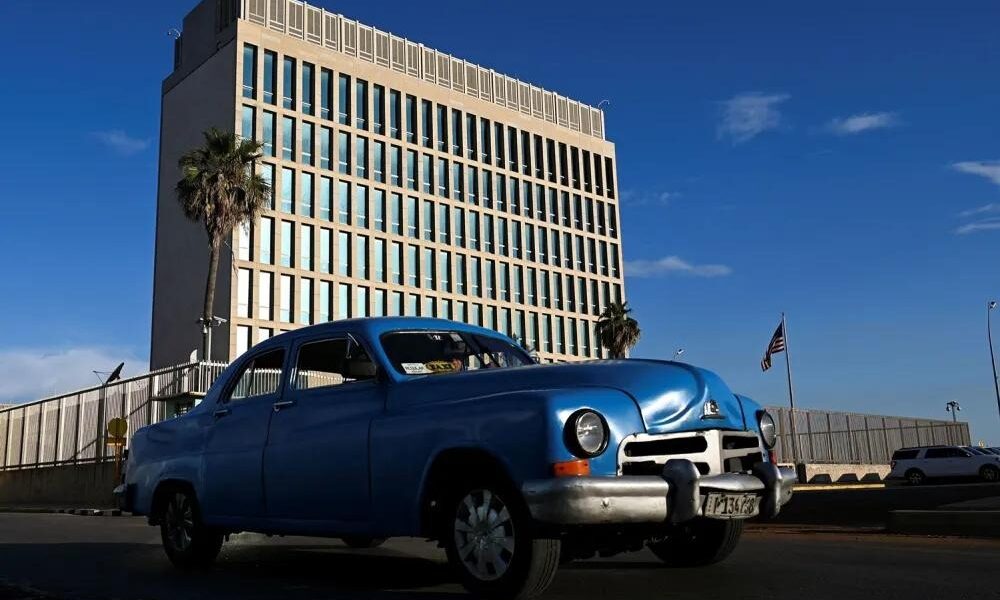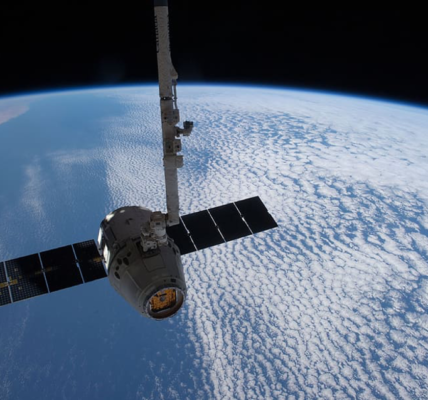Havana Syndrome: Americans can’t pinpoint cause, but report points finger at Russian 29155 unit
“What is clear is that something is happening to make diplomats ill and I am very surprised given the increasing profile of Havana Syndrome and the length of time it has been suspected that the Americans have not been able to pinpoint a cause.” – Colonel Philip Ingram, Former British Army Intelligence Officer

A five-year joint investigation by CBS’s 60 Minutes, Der Spiegel, and The Insider links a mysterious illness with unexplained symptoms including dizziness to a Russian intelligence unit. It is known as Havana Syndrome as it was first reported by diplomats at the US embassy in Cuba in 2016. According to CBS, those affected include White House staff, CIA officers, FBI agents and military officers.
Lt. Col Greg Edgreen, a retired Army lieutenant colonel who led the Pentagon investigation into the incidents, told 60 Minutes that, “he is confident that Russia is behind these attacks, and that they are part of a worldwide campaign to neutralise U.S. officials.” He said if his mother had seen what he had seen, she would say, “It’s the Russians, stupid.”
Bulgarian Investigative Reporter Christo Grozev who is on Russia’s ‘Wanted List’ led the investigation. Grozev told CNN that believes a top-secret Russian intelligence unit known as 29155 is involved that is trained in counter-surveillance, explosives, the use of poison, and technology equipment to inflict pain and damage. Grozev links the Russian unit to an acoustic energy weapon.
CBS also reports that an incident occurred at last year’s NATO summit in Lithuania, which was attended by President Joe Biden. The network reported that “multiple sources tell us that a senior official of the Department of Defence was struck by the symptoms and sought medical treatment.”
In 2022, the CIA stated in an interim assessment that they found it very unlikely that a foreign adversary was responsible.
The Kremlin has rejected claims that Russian military intelligence is to blame for cases of Havana syndrome that has affected US spies and diplomats across the world. Dmitry Peskov, a Kremlin spokesman, said “the ‘so-called’ Havana syndrome has been exaggerated by the press.”
In an article for the Foreign Policy Research Institute, Lewis Regenstein, who worked for the US Central Intelligence Agency during the 1960s, wrote that up to 1500 American officials at home and abroad “have suffered brain and other injuries from the Havana Syndrome.” Regenstein reports that Russian President Vladimir Putin and Russian intelligence offices have publicly bragged about developing weapons that could cause health problems similar to Havana Syndrome.
He says CIA Director William Burns “may have finally put an end to such incidents by threatening the Russians with retaliation.”
Former British Army Intelligence Officer Colonel Philip Ingram told NSN that he was surprised that given the increasing press profile of Havana Syndrome and the length of time it has been suspected that, “the Americans have not been able to pinpoint a cause.” Ingram said he was also surprised that staff in other embassies friendly to the US, with whom Russia has equal issues, have not reported similar incidents.
“It is certainly something Russia would do,” he says, and “it would certainly be something Unit 29155 of the First Directorate of the GRU, Russia’s Military Intelligence Organisation, would have in their playbook.” Col. Ingram says he suspects that the Americans know a lot more than is in the public domain and thinks that they will probably keep it that way.
US officials told CBS that ‘they would continue to examine “anomalous health incidents,” but said, “it was very unlikely a foreign adversary is responsible.”’
The families of diplomats who have been affected have told the Network that they are frustrated that the U.S. government publicly doubts that an adversary is targeting Americans.



















































































































































































































